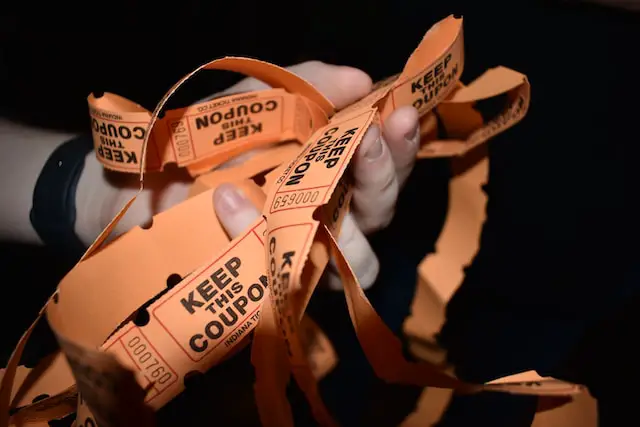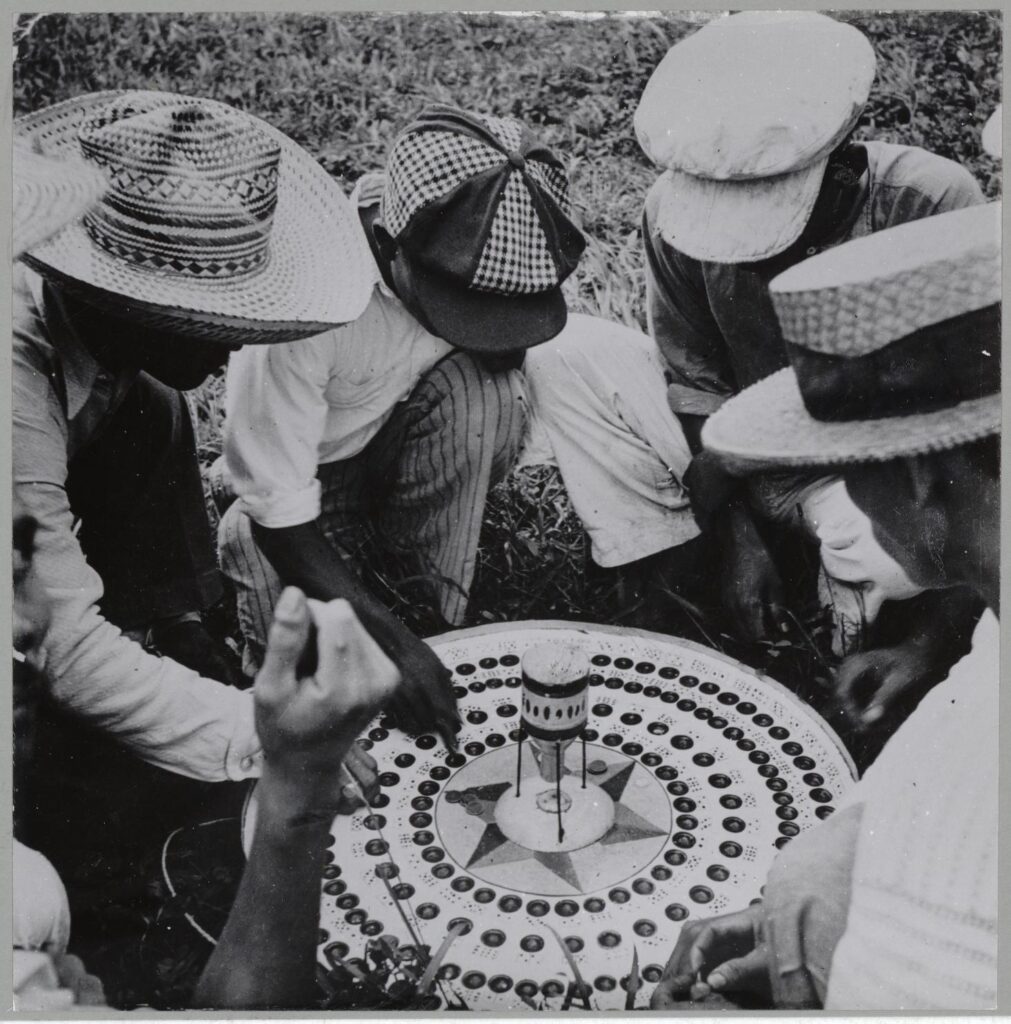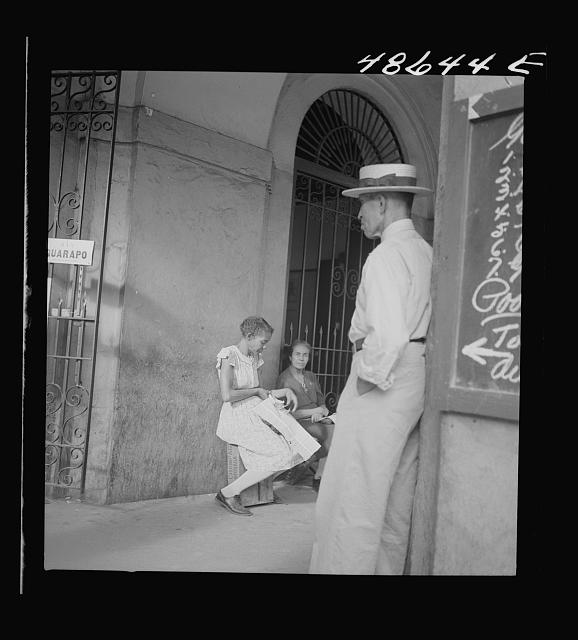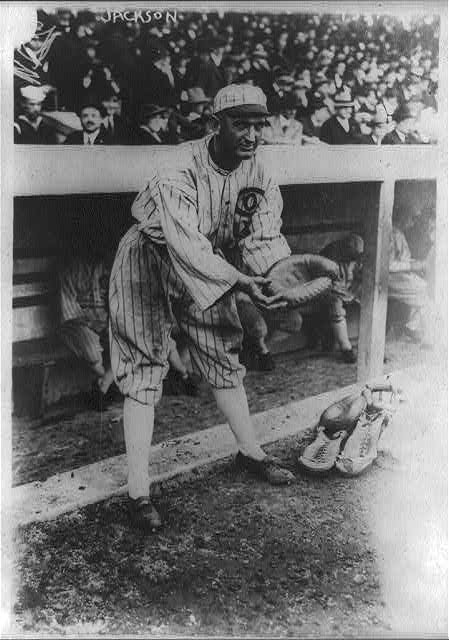Get ready to dive into the fascinating world of the numbers racket, where secrets and intrigue unfold on a daily basis. Have you ever wondered how these underground lotteries operate? Or how they manage to thrive despite their illegal status? In this eye-opening exploration, we will unravel the mysteries behind the numbers racket and shed light on the hidden mechanisms that keep it running.
From its origins in the early 20th century to its present-day adaptations, we will delve into the clandestine world of this illegal gambling phenomenon. Prepare to be amazed by the ingenious strategies employed by those involved and the surprising impact it has had on communities and society as a whole. So, buckle up and get ready to uncover the secrets of the numbers racket, a world where numbers hold more power than meets the eye.
Table of Contents
Historical Background of the Numbers Racket
The numbers racket, also known as the policy game or the daily number, has a rich and intriguing history that dates back to the early 20th century. It originated in urban areas, primarily within African American communities, as a way for individuals to bypass legal lotteries and place bets daily. The game was simple: players would select a three-digit number, and if their number matched the winning number drawn, they would win a substantial payout. The numbers racket quickly gained popularity due to its simplicity, accessibility, and the allure of high payouts.
During the Prohibition era, the numbers racket flourished even further. With the ban on alcohol, illegal gambling became more prevalent, and the numbers racket became a key source of income for organized crime syndicates. Gangsters such as Al Capone and Lucky Luciano saw the potential for enormous profits and seized control of the numbers racket in their respective territories. The game became intertwined with the criminal underworld, providing a steady revenue stream and funding various illegal activities.
Despite efforts by law enforcement to crack down on the numbers racket, it continued to thrive throughout the 20th century. The game adapted to changing times and found new ways to operate, even as legal lotteries gained popularity. Today, the numbers racket remains active in certain pockets of society, albeit in a more discreet and technologically advanced form.
How Does the Numbers Racket Work?

To understand how the numbers racket operates, it’s essential to grasp the basic mechanics of the game. The foundation of the racket lies in the daily drawings, where a three-digit number is randomly selected as the winning number. Players place their bets on various combinations of numbers, hoping to match the winning number and claim their prize.
In the early days, the numbers racket relied on manual drawings, often conducted in secret locations. Today, advancements in technology have transformed the game, with computer algorithms generating the winning numbers. The process is carefully monitored and audited to ensure fairness and prevent any manipulation.
Players can place bets through various channels, such as local neighborhood bookies, online platforms, or even through text messaging services. The bets are typically small, ranging from a few cents to a few dollars, but the potential winnings can be substantial. The odds of winning are intentionally low, ensuring that the numbers racket remains profitable for those running it.
The Influence of the Numbers Racket on Society

The numbers racket has had a significant impact on communities and society as a whole. In some neighborhoods, the racket became an integral part of the local economy, providing employment opportunities and financial support. Many individuals turned to the numbers racket as a means of supplementing their income, especially during times of economic hardship.
However, the influence of the numbers racket extended beyond monetary matters. It became a social and cultural phenomenon ingrained in the fabric of certain communities. Spanish brought in the Tampa numbers racket in Ybor City and Cuban immigrants in the early 1900s. The daily ritual of selecting numbers and eagerly awaiting the drawing created a sense of camaraderie among players. It also became a topic of conversation, with individuals sharing tips, strategies, and even superstitions related to the game.
The numbers racket also played a role in shaping popular culture. It became a recurring theme in literature, music, and movies, often portrayed as a symbol of defiance against oppressive systems. Artists such as Langston Hughes and Duke Ellington referenced the numbers racket in their works, highlighting its significance in African American culture.
Notable Figures in the Numbers Racket

The number racket has been associated with several notable figures who rose to prominence in the underworld. These individuals were often revered within their communities and respected for their ability to navigate the complexities of the racket. One such figure was Stephanie St. Clair, also known as “Queenie” or the “Numbers Queen.” St. Clair controlled the numbers game in Harlem during the 1920s and 1930s, challenging the dominance of male gangsters.
Another prominent figure in the numbers racket was Frank “Blackie” Harris. Harris, an African American gangster from Chicago, established the operation of a vast number that extended beyond the city limits. He built a network of bookies and runners, ensuring the smooth operation of his gambling empire. Harris became known for his flamboyant lifestyle and his ability to avoid prosecution, despite law enforcement’s efforts to bring him down.
These figures and many others played a pivotal role in shaping the numbers racket and solidifying its place in American culture. Their stories testify to the ingenuity and resilience of those involved in the underground gambling world.
The Legal Status of the Numbers Racket

The numbers racket has always operated in a legal gray area. While it is considered illegal in most jurisdictions, enforcement has been inconsistent and sporadic. Law enforcement agencies have often struggled to allocate resources to combat the numbers racket effectively, especially when faced with more pressing crimes.
The legal status of the numbers racket varies from country to country and even within different states. Some jurisdictions have taken a more lenient approach, recognizing the futility of trying to eradicate a deeply entrenched underground industry. Instead, they have focused on regulating and taxing legal lotteries, diverting revenue away from the illegal gambling market.
In recent years, there have been discussions about legalizing and regulating the numbers racket to generate additional revenue for governments. Proponents argue that legalization would allow for better oversight and consumer protection, while opponents emphasize the potential social harms of gambling addiction and organized crime.
The Impact of Technology on the Numbers Racket

Advancements in technology have had a profound impact on the numbers racket, transforming the way it operates and reaches its audience. The internet and mobile technology have made it easier for individuals to place bets and participate in the game, regardless of their location.
Online platforms and mobile apps have emerged as popular channels for playing the numbers racket. These platforms offer convenience and anonymity, allowing players to place bets discreetly and without the need for face-to-face interactions. The use of cryptocurrencies has further facilitated transactions, making it more difficult for authorities to trace the flow of money.
At the same time, technology has also presented challenges for those running the numbers racket. Law enforcement agencies have become more sophisticated in their methods of detection and tracking, utilizing data analytics and surveillance techniques to identify illegal gambling activities. The cat-and-mouse game between law enforcement and those involved in the numbers racket continues to evolve as technology advances.
Famous Cases and Scandals Related to the Numbers Racket
Over the years, numerous high-profile cases and scandals have emerged within the world of the numbers racket. These incidents have exposed the inner workings of the racket and shed light on the extent of its reach.

One such case was the infamous “Black Sox” scandal of 1919. The Chicago White Sox, one of the most successful baseball teams at the time, were accused of intentionally losing the World Series in exchange for bribes from gamblers associated with the numbers racket. The scandal shocked the nation and led to a widespread crackdown on illegal gambling activities.
In more recent times, the “Don King” scandal rocked the boxing world. Don King, a renowned boxing promoter, was accused of fixing matches and manipulating the outcome to benefit his own gambling interests. The scandal highlighted the potential for corruption within the professional sports industry and raised questions about the integrity of the numbers racket.
These cases and scandals, along with many others, serve as cautionary tales and reminders of the risks associated with participating in illegal gambling activities.
Does the Numbers Racket Still Exist?
Yes, in various forms, the numbers racket still exists. While many traditional aspects of this form of an illegal lottery have declined due to the establishment of state-run lotteries and the ease of online gambling, the numbers racket has proven to be a resilient enterprise.
Despite being illegal, it continues to persist in some communities, often operating in a more discreet and technologically advanced form than its historical version. The advent of the internet and digital technology has made it easier for such underground operations to continue and reach a wider audience. However, it’s important to note that participation in such activities is still considered illegal in many jurisdictions and can carry significant legal penalties. As of my knowledge cutoff in September 2021, this remains the case.
Remember, when considering any form of gambling, it’s important to understand the laws and regulations in your specific region and to engage in such activities responsibly.
Video: The Numbers Racket – One Woman’s Story of the Illegal Street Lottery in Detroit
Strategies for Playing the Numbers Racket
For those interested in trying their luck in the numbers racket, certain strategies and tips can help improve the odds of winning. While success is never guaranteed, understanding the game and adopting a strategic approach can increase the chances of a favorable outcome.
One common strategy is to analyze past winning numbers and look for patterns or trends. Some players believe that certain numbers or combinations are more likely to appear based on historical data. Others prefer to use numerical systems or formulas to generate their bets, relying on mathematical calculations to guide their selections.
Another popular approach is to follow the advice of experienced players or “numbers runners.” These individuals, often considered experts in the field, claim to have insider knowledge and insights into the workings of the numbers racket. They offer guidance on selecting numbers and provide tips on when and where to place bets.
However, it’s important to remember that the numbers racket is ultimately a game of chance. No strategy or system can guarantee a win, and players should always gamble responsibly and within their means.
Final Thoughts On the Numbers Racket
The numbers racket remains an intriguing and enigmatic world that continues to captivate individuals with its blend of secrecy, risk, and potential reward. From its humble origins in urban communities to its present-day adaptations in the digital age, the numbers racket has proven to be a resilient and adaptable underground industry.
While the legal status and societal impact of the numbers racket continue to be topics of debate, there is no denying its historical significance and cultural influence. The game has left an indelible mark on communities and popular culture, showcasing the power of numbers and the allure of defying the odds.
As we conclude this exploration into the world of the numbers racket, it’s important to approach the topic with a balanced perspective. While it may be tempting to romanticize the game or dismiss it as a harmless pastime, the reality is that illegal gambling activities can have serious consequences for individuals and communities.
Whether viewed as an intriguing subculture or a criminal enterprise, the numbers racket serves as a reminder of the complex relationship between society, law enforcement, and the human desire for risk and reward.
Sources
Domino Lottery Game. Nicaragua: Organization of American States. Photograph. Retrieved from the Library of Congress, <www.loc.gov/item/2021669804/>.




